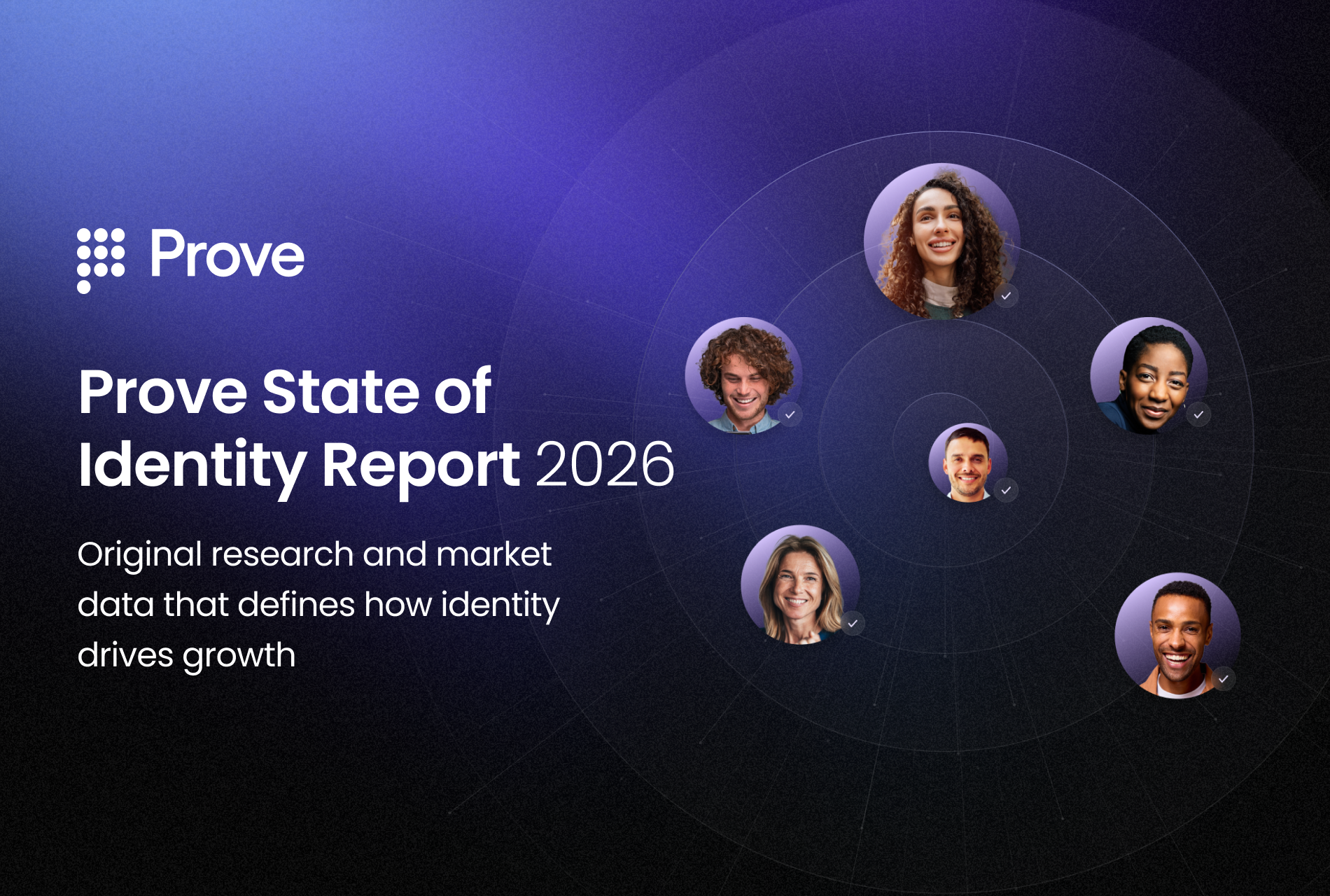How FinTech Can Modernize SME Supply Chains

‘FinTech’ is not so new anymore but it is an alluring phenomenon for global supply chains. For those who want to know ‘What is a FinTech?’ or simply ‘financial technology,’ it is an industry composed of both startups and established financial and technology companies which aspire to replace or augment the usage of financial services of serving companies.
For the supply chain, these companies act as intermediaries in facilitating transactions between a company and its vendors. They enable both the supplier and the company to improve their working capital by leveraging the former to extend its payables while accelerating payment to the latter at the same time. This enables greater liquidity and less variability in scheduling & disbursing payments which are the integral objectives of supply chain finance.
According to the recent study by McKinsey & Company’s Supply Chain Finance (SCF): The Emergence of a New Competitive Landscape, FinTechs control an estimated 10-15% of the SCF market, which makes it a relatively neglected area in the global supply chain – even though late payments can cripple the entire supply chain for SMEs in particular, where margins and working capital are stretched, and a missed payment can lead their venture to nowhere.
As revealed by the Association of British Recovery Professionals, “over a fifth of corporate insolvency is the result of delayed payments for goods and services.” Moreover, 82% of business ventures fail due to working capital concerns, indicated by a US Bank’s Study. Most of it is because buyers usually tend to push payment terms for a more extended period, making it difficult for the supplier to tender greater offerings at discounted prices and a weak buyer-supplier relationship.
On the other hand, most FinTech companies also function as cloud-based software platforms, enabling the much-needed procure-to-pay system that integrates both procurement and payable functions of the supply chain. This would lead most SMEs in the UK and the US to be as competitive as giants like Apple, Colgate, Dell, P&G, Kellogg’s, and Siemens, which are actively using FinTechs to move sustainable supply chain operations.
Such integrated systems provide streamlined processes for procurement and payable functions, significantly reducing the burden of monitoring and administering the entire process. Thus, adding a supplier would be as easy as installing an app to your IoT-enabled device from the play store. Once they are onboard, buying manager can manage the entire function through a smartphone or tablet, and suppliers would be able to get their payments at the time of their choosing.
A significant benefit for suppliers when large-size manufacturers are extending payment terms is the segregation of materials supplied by the manufacturer. This will enable them to get their payments as early as two days compared to payment terms of 60, 90, or even 120 days (normally preferred). How is that possible?
Having a lively debate on the similar issue with my MBA - Logistics & Supply Chain Management students during a recent session of Design of Business Process (Workflow Management), the most highlighted opinion that we reached was that if each process gets streamlined, the buying firm will be willing to pay some amount to its supplier instead of paying none. Just because most SMEs lack systems to monitor each material entered into their facility, they clutch the entire payment for the mentioned periods or even beyond in support of their working capital management. If these processes get visible, managers will be more than willing to pay some amount to boost strong relationships with their suppliers.
Therefore, it is integral to address supply chain finance as a growing concern for the global supply chain. Furthermore, it is essential to understand that companies which aim to utilize modern digital tools to enhance their supply chain are more likely to achieve resilience, agility, and sustainability.
To learn about Prove’s identity solutions and how to accelerate revenue while mitigating fraud, schedule a demo today.

Keep reading
 Read the article: How Prove’s Global Fraud Policy Stops Phone-Based Fraud Others Miss
Read the article: How Prove’s Global Fraud Policy Stops Phone-Based Fraud Others MissLearn how Prove’s Global Fraud Policy (GFP) uses an adaptive, always-on engine to detect modern phone-based threats like recycled number fraud and eSIM abuse. Discover how organizations can secure account openings and recoveries without increasing user friction.
 Read the article: Prove Supports Safer Internet Day: Championing a Safer, More Trustworthy Digital World
Read the article: Prove Supports Safer Internet Day: Championing a Safer, More Trustworthy Digital WorldProve proudly supports the goals and initiatives behind Safer Internet Day, a worldwide effort that brings together individuals, organizations, educators, governments, and businesses to promote the safe and positive use of digital technology for all, especially young people and vulnerable users.
 Read the article: Prove’s State of Identity Report Highlights the New Rules of Digital Trust
Read the article: Prove’s State of Identity Report Highlights the New Rules of Digital TrustProve’s State of Identity Report explores why traditional point-in-time verification is failing and how businesses can transition to a continuous, persistent identity model to reduce fraud and improve user experience.













